Wire mesh is used in several industries, but depending on your specific needs, you’ll have to choose the best type of mesh. That’s where understanding the differences between welded and woven wire mesh is essential to ensure you have the correct mesh for your project.
This article will go over the different characteristics, manufacturing process and applications of welded and woven mesh, so you can determine which type of mesh suits your needs.
Table of Contents
Outlook of the steel wire mesh market
Types of wire mesh
Factors to consider when selecting steel wire mesh
Which mesh is best for you?
Outlook of the steel wire mesh market
According to Grand View Research, the steel wire market continues to expand in part because of the global construction industry. In 2021 the steel wire market had a value of USD 102.98 billion. Market research projects that the steel wire industry will grow at a compound annual growth rate (CAGR) of 4.7% from 2022 to 2030.
The woven wire mesh market had an estimated size of USD 2792.77 million in 2021. It is estimated to reach USD 3554.95 million by 2028 with a CAGR of 3.51%. Market reports project that the fencing sector of the welded wire mesh market alone will reach a CAGR of 4.5% between 2022 and 2030.
Types of wire mesh
Depending on your situation, metal wire mesh can offer solutions to problems with stability, separation, filtration, safety and more. By mixing and matching the gauges and hole opening sizes with materials like carbon steel or stainless steel, you can create a wide range of mesh products. Multiple industries take advantage of wire mesh’s numerous applications, including:
- Pharmaceutical
- Construction
- Agriculture
- Automotive
- Mining
- Textiles
- Architectural
- Security
- Transportation
- Food and beverage
There are two main types of metal wire mesh: welded wire mesh and woven wire mesh. Both welded and woven wire mesh offer solutions to different issues.
Welded wire mesh
Welded wire mesh is a form of mesh where wires are layered on top of each other in intersecting lines and fused at the crosses. Once welded, the mesh openings are permanent. Machines can weld the intersecting points together with different techniques, including:
- Soldering
- Plasma welding
- Resistance or spot welding
- Tungsten Inert Gas (TIG) welding
To create welded wire mesh, spools of wire are threaded into a straightener and cut to a chosen length. Other spools of steel wires are fed into a welded wire mesh-making machine, while the precut wires are loaded into the machine horizontally. The mesh-making machine will put the horizontal and vertical wires in place and weld them at the cross sections. The finished product can then be rolled into coils or cut into sheets.
Woven wire mesh
Woven wire mesh is a type of mesh that does not involve any welding. Instead, wires in one direction weave over and under wires in a perpendicular direction like cloth. Sheets of woven wire mesh can take on one of several weave patterns, including:
- Plain weaves
- Pre-crimp weaves
- Filter cloth weaves
- Twill weaves
You will need to decide on a type of weave as you may need to pre-crimp wires before using a woven wire mesh machine. To form woven wire cloth, you’ll need to feed a warp beam of coiled wires vertically into a heddle frame. A heddle frame is a mechanism on a weaving loom that separates the vertical warp wires into two or more sets. During the weaving process, the heddle frame moves up and down, allowing space to thread the horizontal weft wires in between before locking the woven wires into place.
Factors to consider when selecting steel wire mesh
Choosing between welded and woven wire mesh will depend on your purpose for the mesh. Welded wire mesh is a sturdy mesh with wires that stay straight and in place. Because of its durability, welded mesh works well in corrosive and demanding conditions. Welded wire mesh is an excellent option for several applications, including:
- Wire fences
- Catwalks
- Cages
- Traps
- Shelves
- Concrete reinforcement
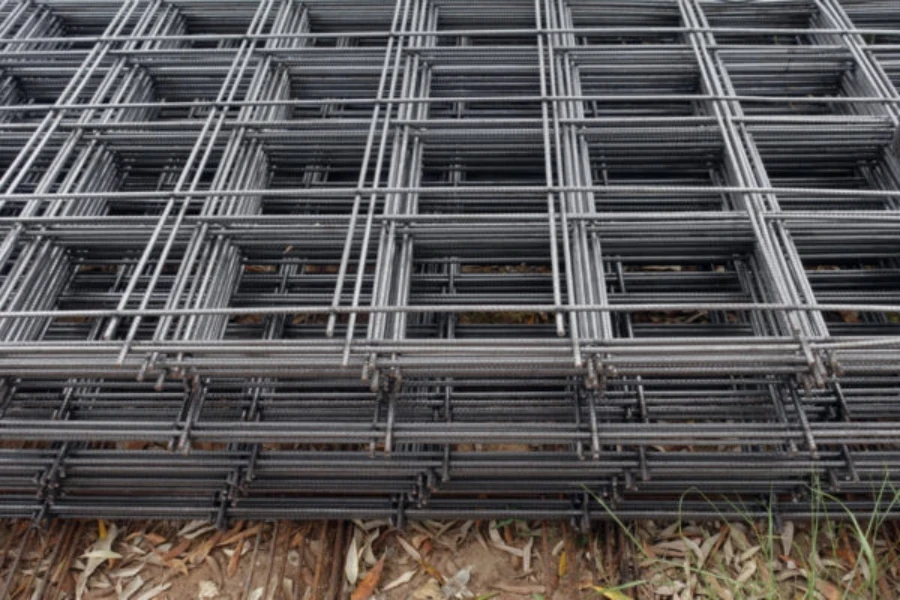
Woven wire mesh is flexible and can contort into unusual shapes and forms, unlike welded wire mesh. In addition, woven mesh allows for smaller opening sizes than welded mesh, which works well with filtration and extrusion. On the whole, woven mesh is more affordable and faster to produce than welded wire mesh. Some examples of woven wire mesh products include:
- Coffee filters
- Screen printing
- Fireplace screens
- Air ventilation screens
- Strainers
- Speaker grilles
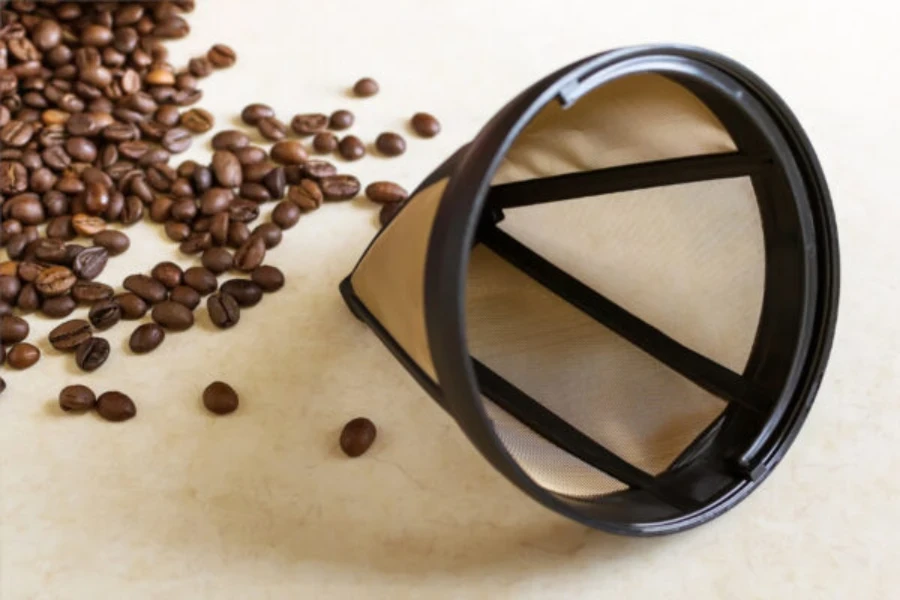
Which mesh is best for you?
Welded and woven wire mesh provides a lot of great options. It’s essential to clearly understand the specifications needed for your mesh before making a purchase. The goal of your project will help you determine which metal wire mesh style to choose. If you need a sturdy and durable mesh, welded wire mesh is an excellent choice. If you need a finer and more pliable mesh panel, woven wire mesh may be what you need. No matter which type of mesh you need, you can find it here on Chovm.

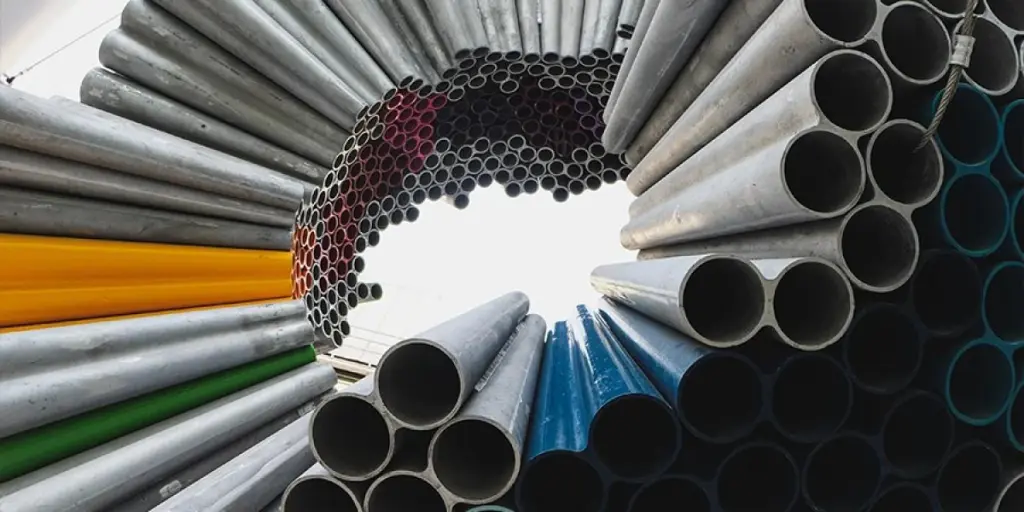
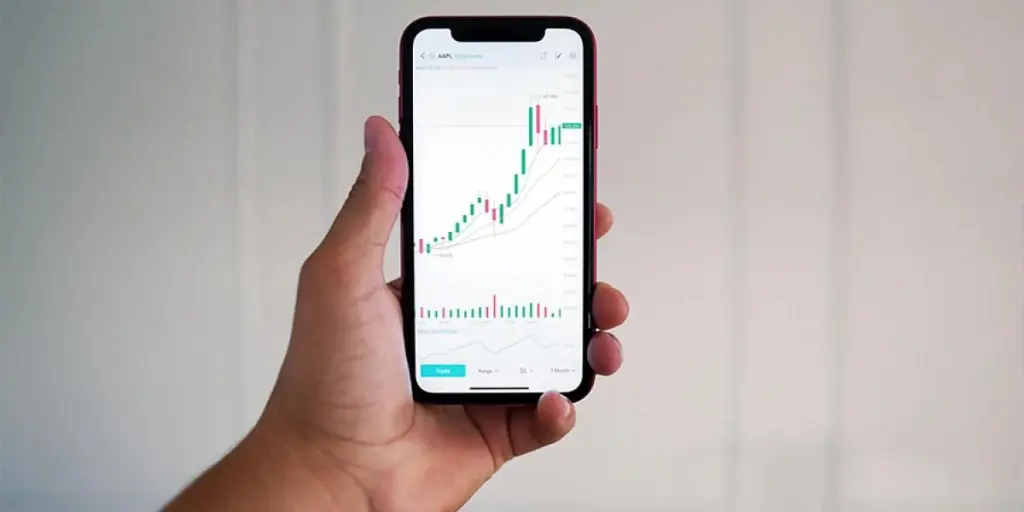
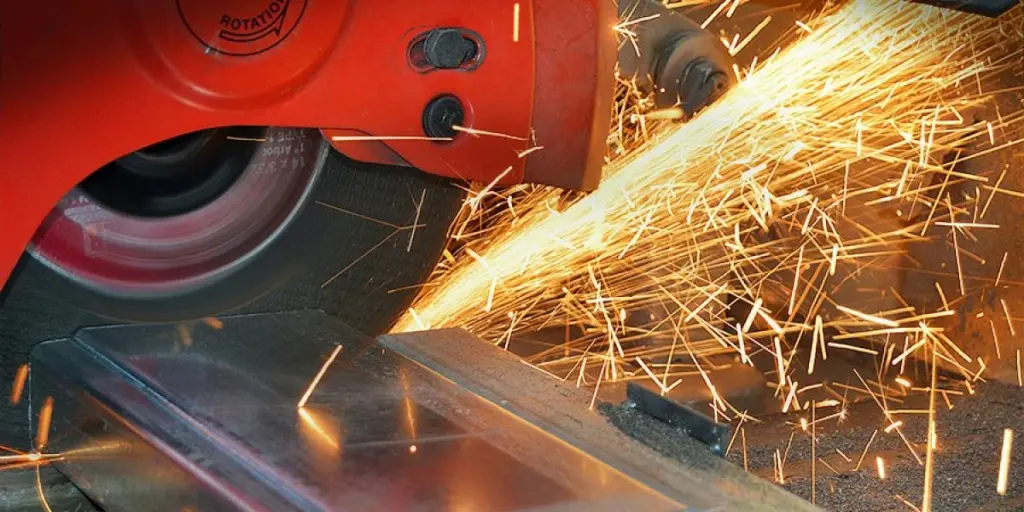
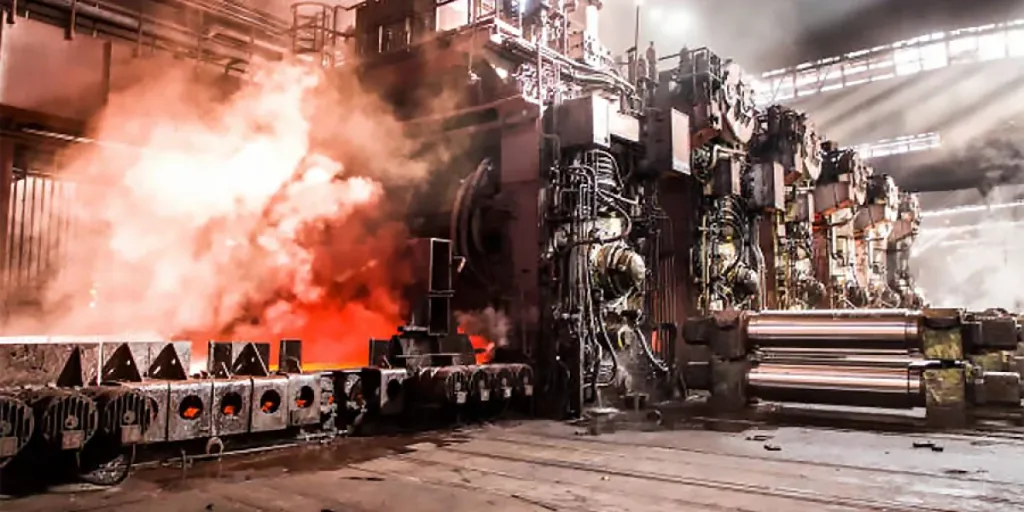
 বাংলা
বাংলা Nederlands
Nederlands English
English Français
Français Deutsch
Deutsch हिन्दी
हिन्दी Bahasa Indonesia
Bahasa Indonesia Italiano
Italiano 日本語
日本語 한국어
한국어 Bahasa Melayu
Bahasa Melayu മലയാളം
മലയാളം پښتو
پښتو فارسی
فارسی Polski
Polski Português
Português Русский
Русский Español
Español Kiswahili
Kiswahili ไทย
ไทย Türkçe
Türkçe اردو
اردو Tiếng Việt
Tiếng Việt isiXhosa
isiXhosa Zulu
Zulu